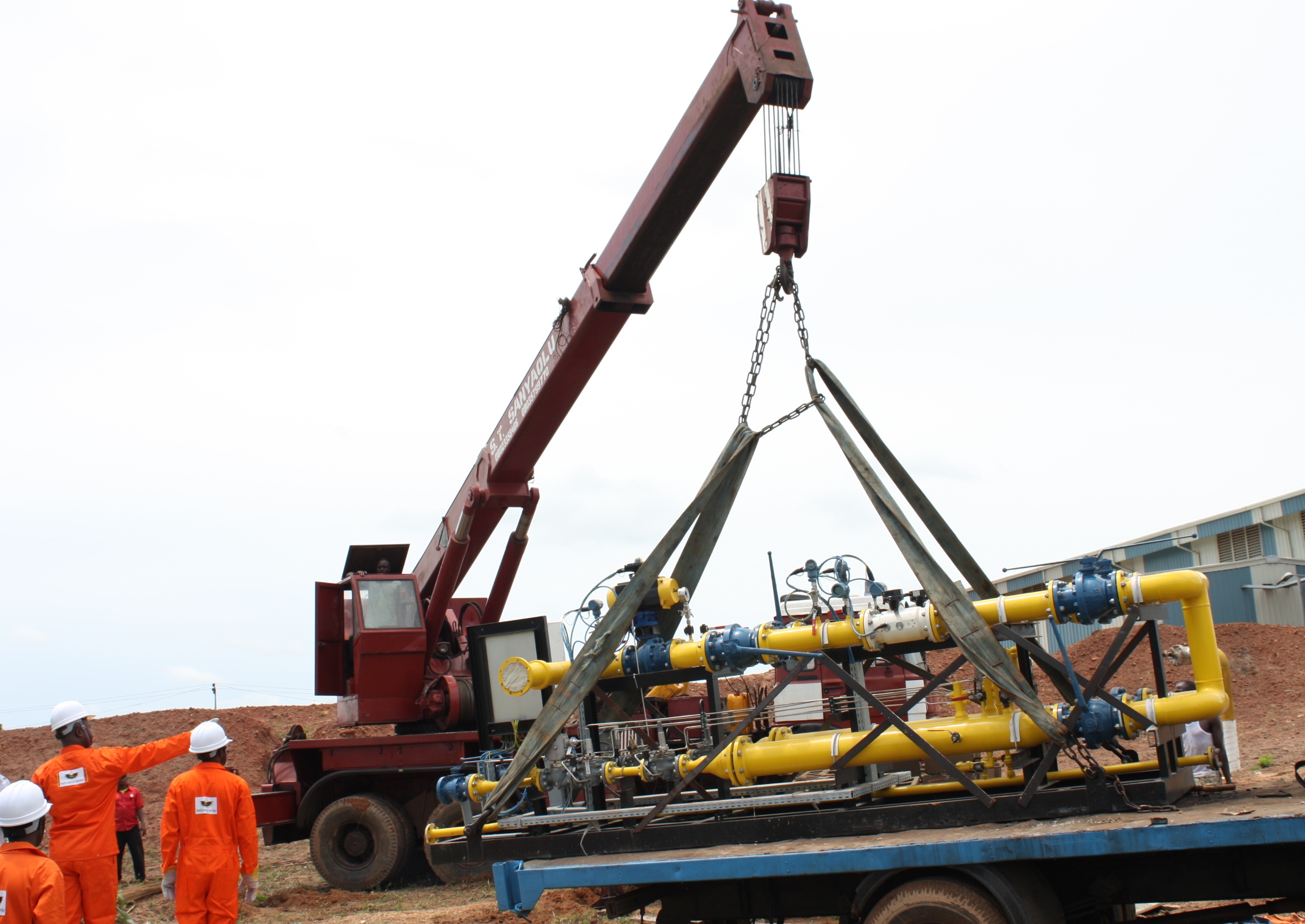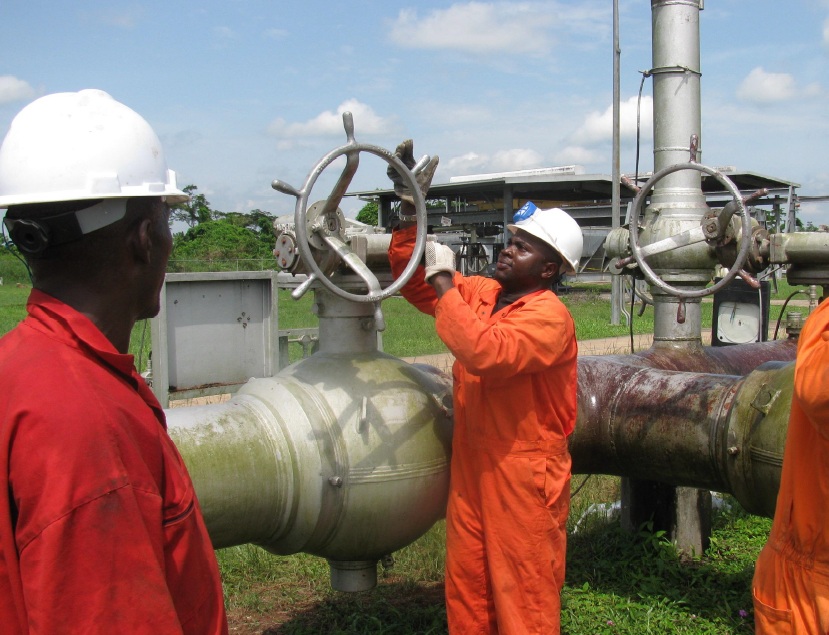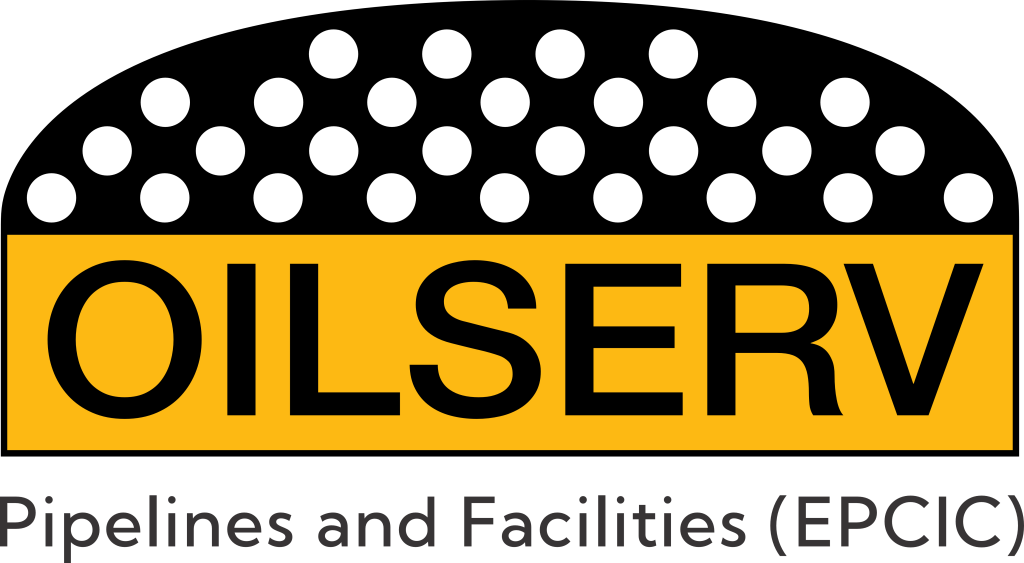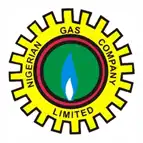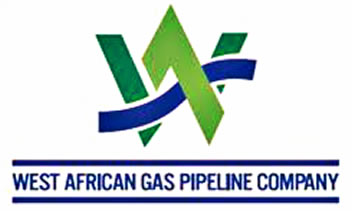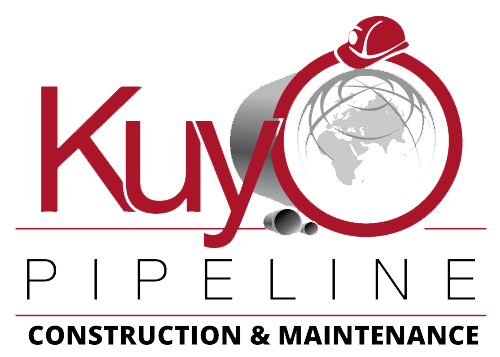
Best EPC Services in Nigeria: The Future of Oil and Gas Projects
EPC Services in Nigeria: The Future of Oil and Gas Projects
The oil and gas industry has long been the backbone of Nigeria’s economy. The country is one of the largest oil producers in Africa and a key player in the global energy market. With its vast reserves and strategic location, Nigeria has become a prime destination for both local and international energy companies looking to tap into the potential of oil and gas resources. However, in an era marked by increasing technological advances, growing environmental concerns, and evolving global energy demands, the way Nigeria develops and manages its oil and gas projects is changing. The key to this transformation lies in the rise of Engineering, Procurement, and Construction (EPC) services, which play an integral role in shaping the future of Nigeria’s oil and gas industry.
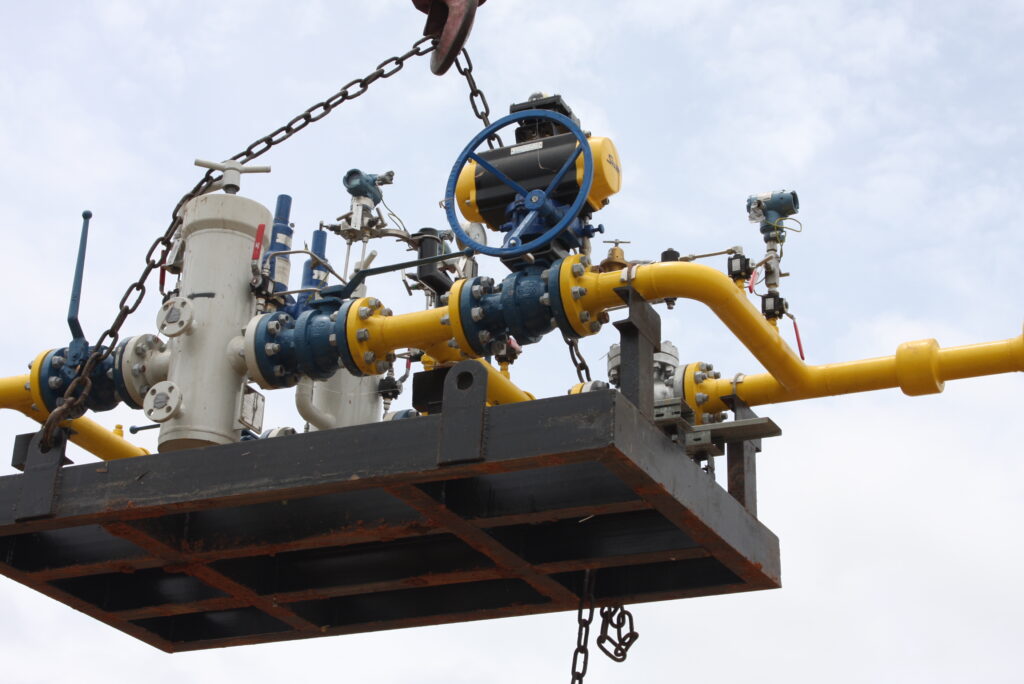
Understanding EPC Services in Nigeria’s Oil and Gas Industry
The term EPC services refers to a comprehensive and integrated approach to managing and executing large-scale projects, specifically in the oil and gas industry. These services are designed to handle the entire project lifecycle from the initial concept and design through procurement, construction, and final commissioning. EPC contractors provide a one-stop solution for complex energy projects, ensuring that they are completed on time, within budget, and according to the required specifications.
The role of EPC companies is to oversee various stages of the project, which includes engineering design, procurement of materials, equipment, and services, as well as the construction and commissioning of oil and gas facilities. By centralizing all these responsibilities under one umbrella, EPC contractors bring together expertise from various fields, ensuring that the entire project is executed smoothly and efficiently.
In Nigeria, the growing demand for EPC services is being driven by several factors, such as the need for enhanced operational efficiency, cost-effective solutions, and the increasing complexity of oil and gas infrastructure projects. As the country continues to develop its energy sector, EPC services are playing a pivotal role in shaping the future of oil and gas projects.
The Growing Importance of EPC Services in Nigeria’s Oil and Gas Sector
The significance of EPC services in Nigeria’s oil and gas industry cannot be overstated. Over the past few decades, the industry has experienced significant changes, driven by a combination of technological advancements, regulatory updates, and shifts in global energy trends. The growing importance of EPC services can be attributed to several key factors:
1. Meeting Increasing Energy Demands
As Nigeria continues to grow, so does its energy demand. The government’s focus on boosting oil and gas production, coupled with efforts to improve infrastructure, has created a need for more sophisticated and reliable energy solutions. EPC contractors are tasked with delivering large-scale, complex projects that meet the rising demand for oil and gas while ensuring operational efficiency.
EPC services help Nigeria meet the increasing energy demands by delivering oil and gas facilities that are not only technologically advanced but also sustainable. By integrating cutting-edge technologies into their projects, EPC contractors can deliver energy infrastructure that can handle the challenges posed by rising energy consumption.
2. Complex Oil and Gas Projects
As Nigeria’s oil and gas reserves become more challenging to extract, there has been a significant shift towards complex projects that require specialized expertise. This includes offshore drilling, deepwater exploration, and the development of liquefied natural gas (LNG) facilities. These projects are often difficult to manage due to the complex technical, environmental, and regulatory requirements involved.
EPC services provide the expertise required to handle these complex projects. By collaborating with local and international stakeholders, EPC contractors can leverage their experience to overcome challenges related to resource extraction, environmental concerns, and logistical hurdles.
3. Cost Control and Efficiency
In an era of fluctuating oil prices, Nigeria’s oil and gas sector needs to maintain cost efficiency without compromising on quality. EPC contractors help companies achieve this by managing the procurement of materials, equipment, and services in a cost-effective manner. With their experience in sourcing materials at competitive prices and streamlining project workflows, EPC services ensure that projects are completed within budget.
Cost control is a significant advantage of EPC services, as it helps mitigate risks associated with unforeseen expenses, delays, or inefficient project management. The holistic nature of EPC services ensures that the entire process is streamlined, leading to greater cost-effectiveness.
4. Improved Risk Management
The oil and gas sector is inherently risky, with numerous factors influencing project success. From fluctuating oil prices to political instability, environmental hazards, and unforeseen technical challenges, the industry faces a wide array of risks. Effective risk management is therefore crucial to the successful completion of projects.
EPC contractors bring a wealth of experience in managing risk across the entire project lifecycle. By conducting thorough risk assessments, implementing effective mitigation strategies, and ensuring strict compliance with regulatory requirements, EPC services help reduce the likelihood of project delays, cost overruns, and operational disruptions.
The Future of EPC Services in Nigeria’s Oil and Gas Industry
As Nigeria’s oil and gas industry continues to evolve, so too will the role of EPC services. The future of EPC services in Nigeria is characterized by several emerging trends and opportunities that will shape the industry in the coming years.
1. Digitalization and Automation
The rise of digital technologies, such as artificial intelligence (AI), machine learning, and automation, is transforming the way oil and gas projects are executed. EPC contractors are increasingly leveraging these technologies to streamline design processes, improve procurement strategies, and enhance construction workflows.
In the future, we can expect the adoption of more advanced technologies that enable real-time monitoring, predictive analytics, and automated decision-making. These technologies will help EPC contractors optimize project execution, reduce downtime, and enhance the overall efficiency of oil and gas projects in Nigeria.
2. Sustainability and Environmental Concerns
Sustainability is becoming a key driver in the global oil and gas industry. As concerns about climate change and environmental degradation continue to grow, companies are under pressure to minimize their environmental impact. EPC services in Nigeria will increasingly focus on delivering environmentally friendly and sustainable projects that meet international standards.
EPC contractors will play a crucial role in implementing green technologies, such as carbon capture and storage (CCS), renewable energy integration, and waste management solutions. This shift towards sustainability will not only help Nigeria meet its environmental goals but also position the country as a leader in responsible energy production.
3. Collaboration with Local Enterprises
As Nigeria seeks to diversify its economy and create more job opportunities, there is a growing emphasis on local content development. EPC contractors are increasingly working with local companies to boost capacity, improve skills, and create jobs within the country.
The future of EPC services in Nigeria will involve greater collaboration between international and local enterprises. This partnership will facilitate the transfer of knowledge and technology, helping to build a more resilient and self-sufficient oil and gas sector.
4. Investment in Human Capital and Innovation
For EPC services to thrive in Nigeria’s oil and gas sector, investment in human capital is essential. The future of EPC services will rely on skilled professionals who are well-versed in the latest technologies and techniques. This will require a strong focus on training and development, as well as fostering innovation within the EPC industry.
To meet the demands of a rapidly changing industry, EPC contractors will need to recruit, train, and retain top talent. In doing so, they will be better equipped to address the challenges posed by new technologies, evolving market conditions, and regulatory changes.
Conclusion
EPC services are set to play a transformative role in the future of Nigeria’s oil and gas industry. As the country seeks to enhance its oil and gas infrastructure and meet growing energy demands, the need for efficient, cost-effective, and technologically advanced solutions is more pressing than ever. EPC contractors are uniquely positioned to drive this transformation, offering the expertise and resources necessary to execute complex projects and manage risks effectively.
Looking ahead, the future of EPC services in Nigeria will be shaped by digitalization, sustainability, and collaboration with local enterprises. By embracing these trends, EPC contractors will not only help Nigeria meet its energy goals but also position the country as a global leader in the oil and gas industry. As Nigeria continues to explore new avenues for growth, EPC services will remain an essential component of the nation’s energy future. learn about ECN Contact Torch Energy



